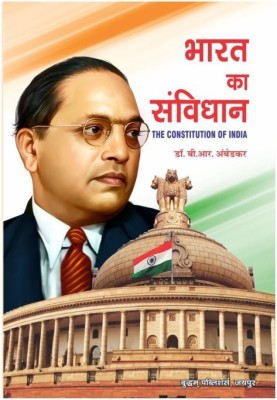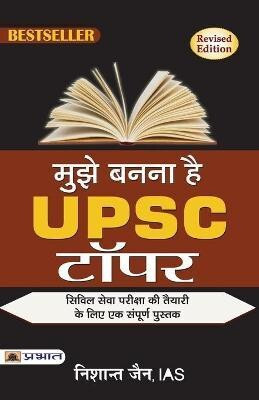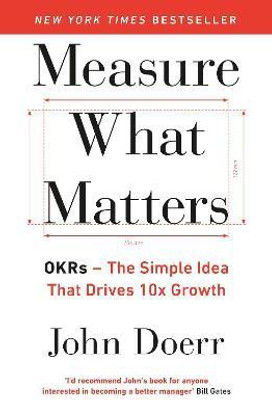
Debating Difference: (English, Paperback, Bajpai Rochana)
Share
Debating Difference: (English, Paperback, Bajpai Rochana)
Be the first to Review this product
₹495
Available offers
T&C
T&C
T&C
T&C
Delivery
Check
Enter pincode
Delivery by28 Apr, Monday|₹60
?
if ordered before 5:59 PM
View Details
Highlights
- Language: English
- Binding: Paperback
- Publisher: OUP India
- Genre: Political Science
- ISBN: 9780199453375, 9780199453375
- Edition: 2016
- Pages: 340
Services
- Cash on Delivery available?
Seller
Description
India is an outstanding example of multiculturalism, with wide-ranging policies of group preference dating back to the colonial period. This book presents the first systematic account of the structure of public reasoning over group rights primarily focusing on the landmark constitutional and legislative debates in the late 1940s and late 1980s. While the former saw a centralization of power, the latter marked a decentering of power in the Indian polity. The author focuses, exclusively, on shifts in political discourses, even as she simultaneously illuminates the political events and junctures in which these are located. Through an analytical interpretation of the Constituent Assembly (1946-9), Shah Bano (1986) and Mandal (1990, 2006) debates, this book constructs a conceptual framework within which Indian arguments over group rights can be understood and evaluated. It argues that the interplay between five principal ideals -secularism, democracy, social justice, national unity and development-has framed political debate in India.
Read More
Specifications
Book Details
| Imprint |
|
| Publication Year |
|
Dimensions
| Width |
|
| Height |
|
| Length |
|
| Weight |
|
Have doubts regarding this product?
Safe and Secure Payments.Easy returns.100% Authentic products.
Back to top






